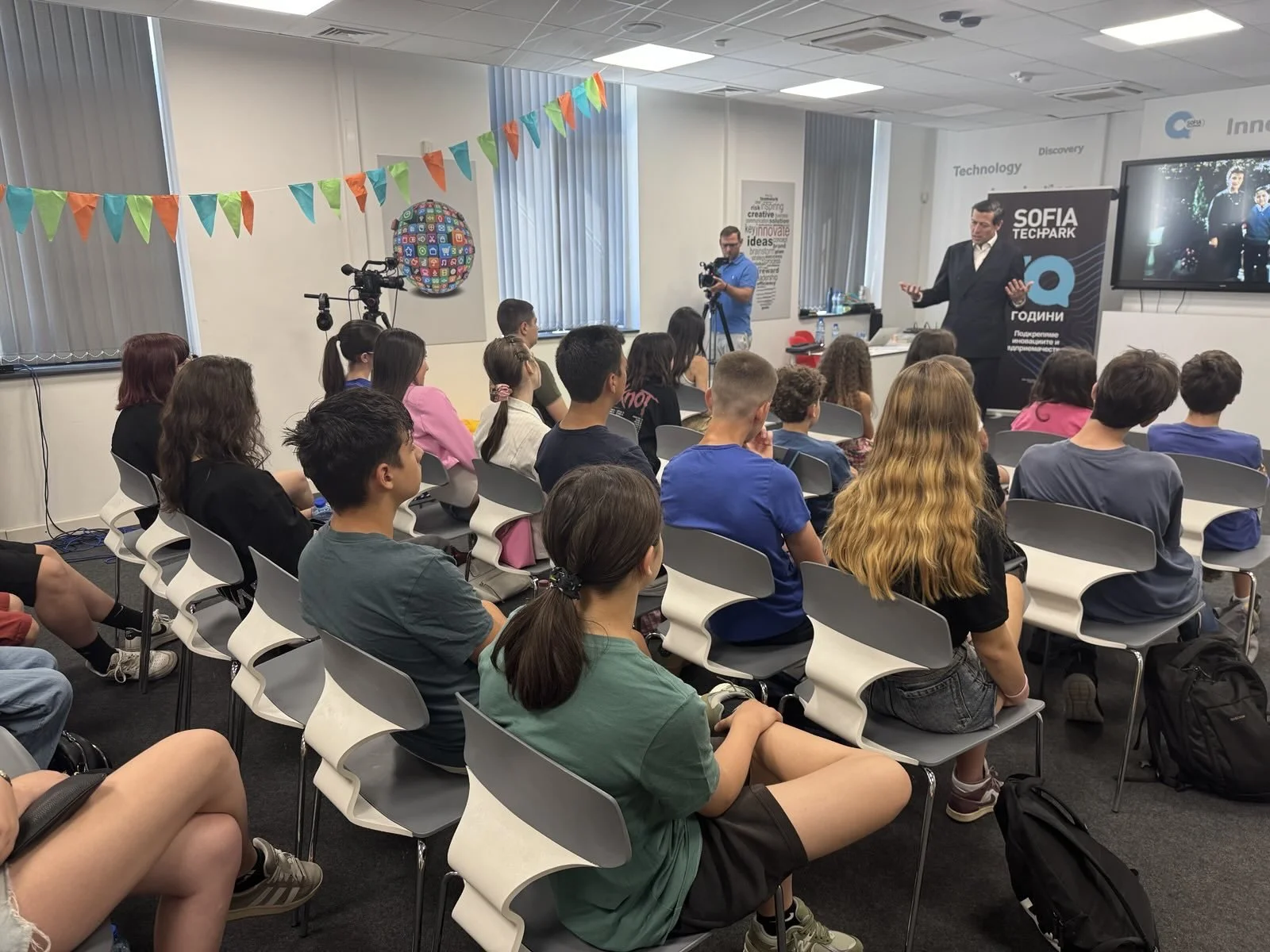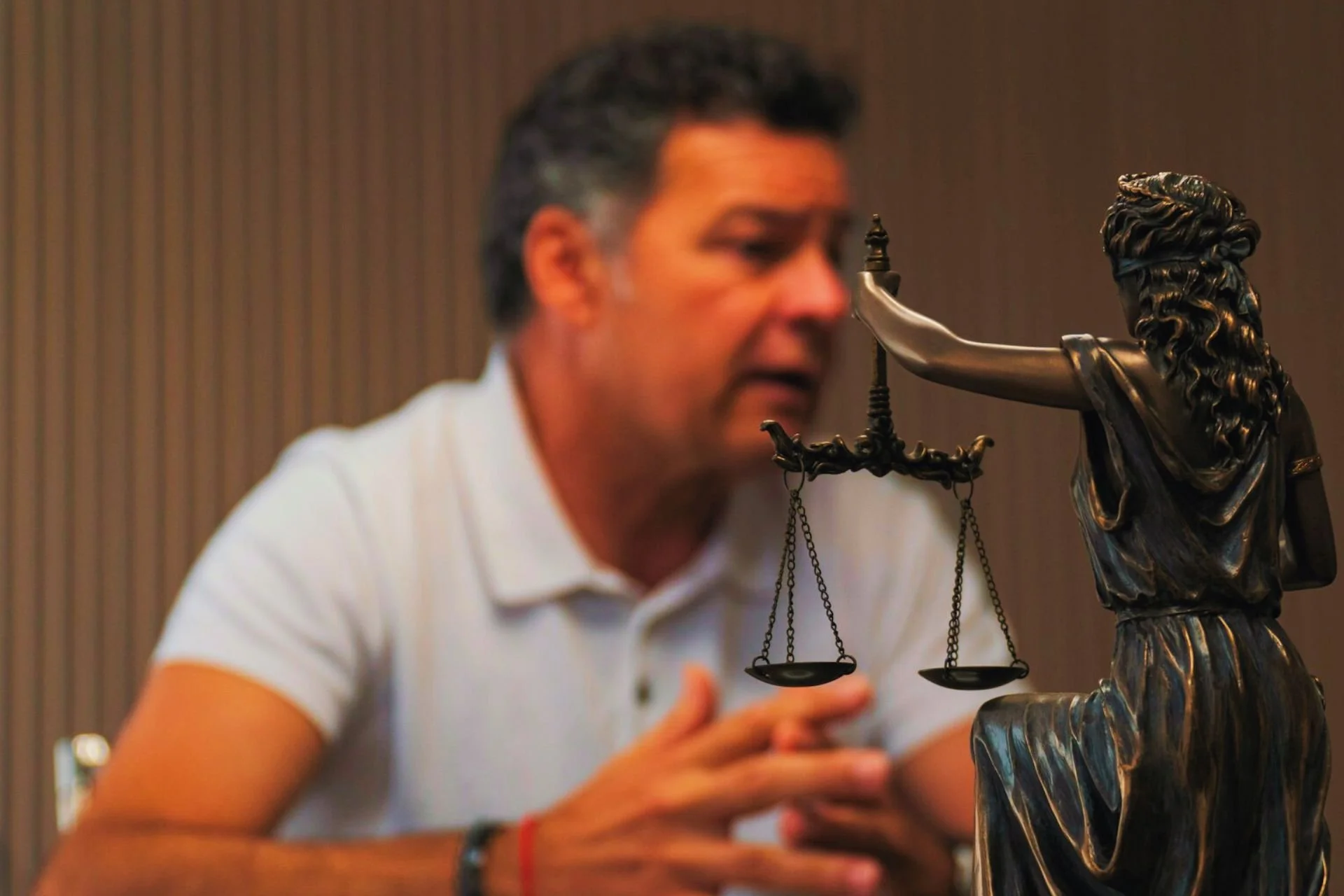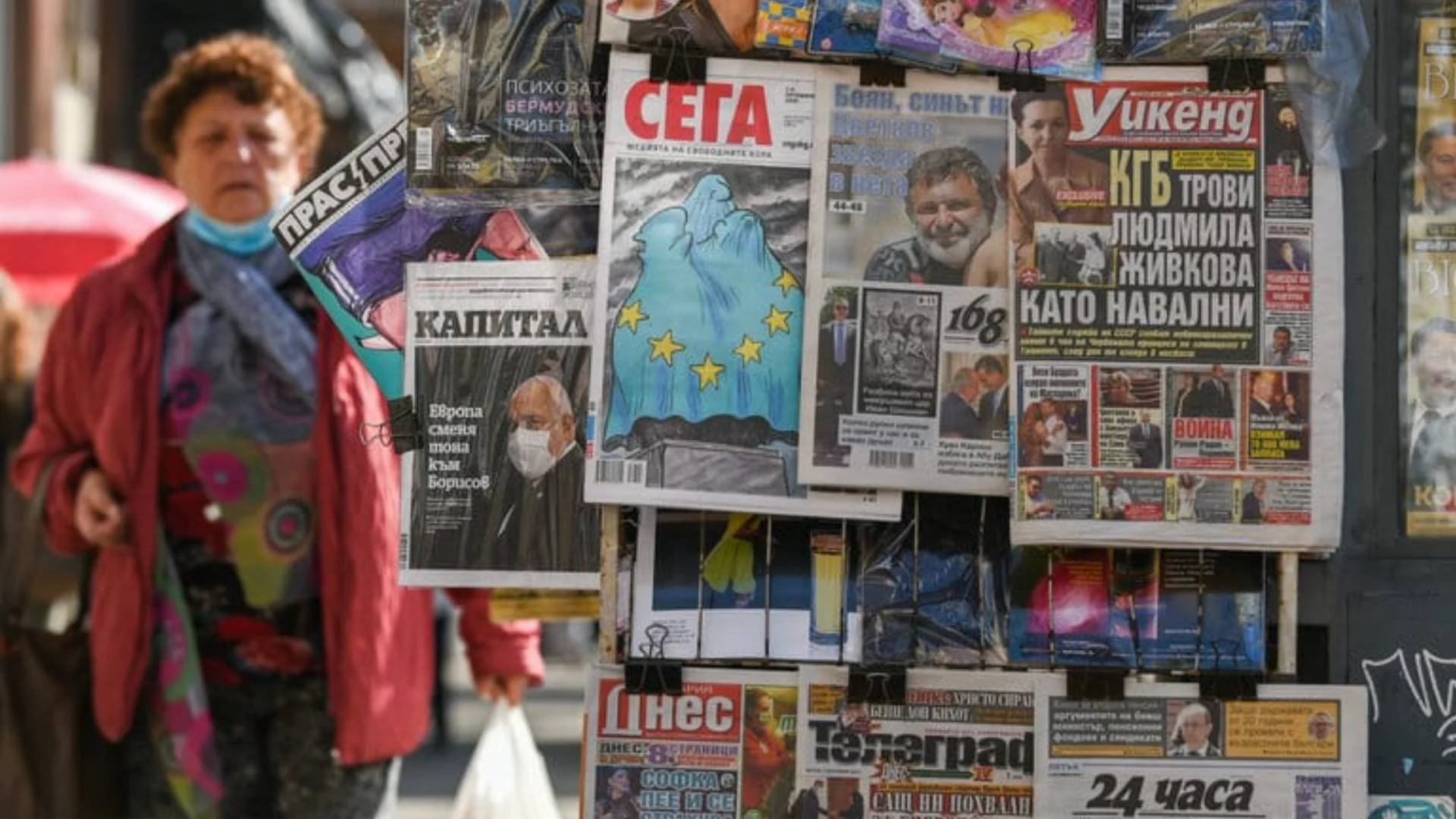Inside the Smart SCROLL Academy: What We Learned from Listening to Young People
This summer, in the heat of Bulgaria’s fractured information landscape and rising distrust across Europe, we spent four weeks not just sharing, but listening.
The Smart SCROLL Academy, part of the Erasmus+ project led by our partners at the Out Loud Foundation, brought together young people from across Bulgaria to take on disinformation—not as a theoretical threat, but as a lived, daily reality. BFMI joined as a partner to deliver expert-led sessions. In return, we left with insights that will continue to shape how we work.
2025 Summer Camp Smart Scroll Academy - Simon McGee
When Lived Experience Meets Research
Across the sessions, covering topics from open-source intelligence and corruption mapping to how narratives are emotionally engineered, we saw young people engage with startling clarity. Many weren’t learning about these dynamics for the first time; they were already feeling their effects. They understand that their online lives are shaped by invisible algorithms and that the lines between influence, entertainment, and manipulation are increasingly blurred. But, according to them, what they often lack are the tools to investigate and the safe spaces to respond.
What emerged was less a workshop and more a laboratory of lived experience. Our BFMI team came in with tools, frameworks, and regional insights. Yet, the Academy reminded us that offering tools is not the same as teaching facts, but rather building agency. The most powerful conversations weren’t about fake news per se, but about power: Who owns the platforms? Who benefits from confusion? Why do some narratives “stick” while others vanish?
Rethinking How We Work
For BFMI, an organization rooted in strategic research and democratic resilience, the Academy was a reminder. It challenged us to interrogate not just what we research, but how and for whom. Disinformation is often framed in institutional terms: national security, media policy, digital governance. But for the young people we worked with, it shows up in everyday interactions, in viral trends, in difficult conversations with peers and family.
That gap between how disinformation is experienced and how it's studied revealed something vital: top-down approaches miss what bottom-up perspectives can teach us. If our work is to remain relevant, it must be grounded in the social and emotional realities of the people most entangled in the issue. That means designing training programs and research outputs that are adaptable, participatory, and directly informed by those on the frontlines.
The Smart SCROLL Academy reminded us that solutions to disinformation aren't just technical or regulatory but relational. They rely on trust, agency, and the ability to ask critical questions without fear. Moving forward, we’re applying this insight to everything from how we frame research questions to how we define our success as a mission-driven organization.
2025 Summer Camp Smart Scroll Academy Lecture - Simon McGee
A Partnership With Purpose
Our collaboration with the Out Loud Foundation reflects our broader, shared commitment to building ethical infrastructure from the ground up. In a time when public trust in institutions is eroding, young people are not only future leaders, but also current stakeholders and changemakers. The SCROLL Academy didn’t simply acknowledge that potential; it centered these powerful young people in the conversation.
What makes this partnership distinct is not just the expertise each organization brings—it is the shared belief that democratic resilience starts with those whose voices are often sidelined. Together, we create spaces where learning is about co-creation rather than one-sided transmission, where regional knowledge meets lived experience, and here abstract threats are grounded in real questions: How do we know what’s true? Who do we trust? What can we do about it?
We’re proud to have contributed to this initiative. But more importantly, we’re taking its lessons with us—into future training, into our research design, and into how we think about impact. SCROLL didn’t just show us what young people need. It showed us what they already know, and how much stronger our work becomes when we treat young people not as recipients, but as collaborators.
Our readers read next:







